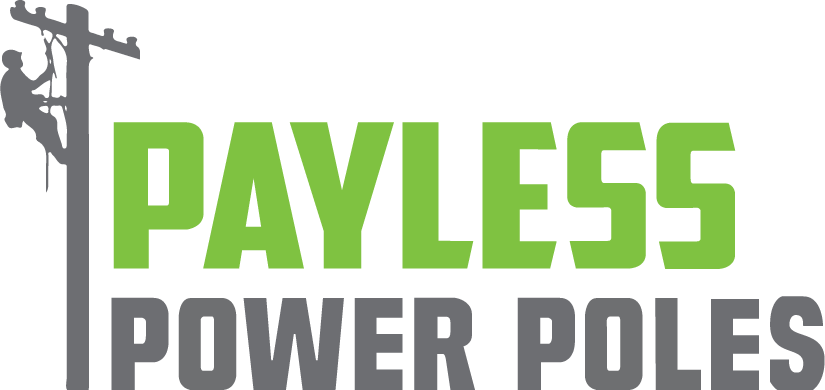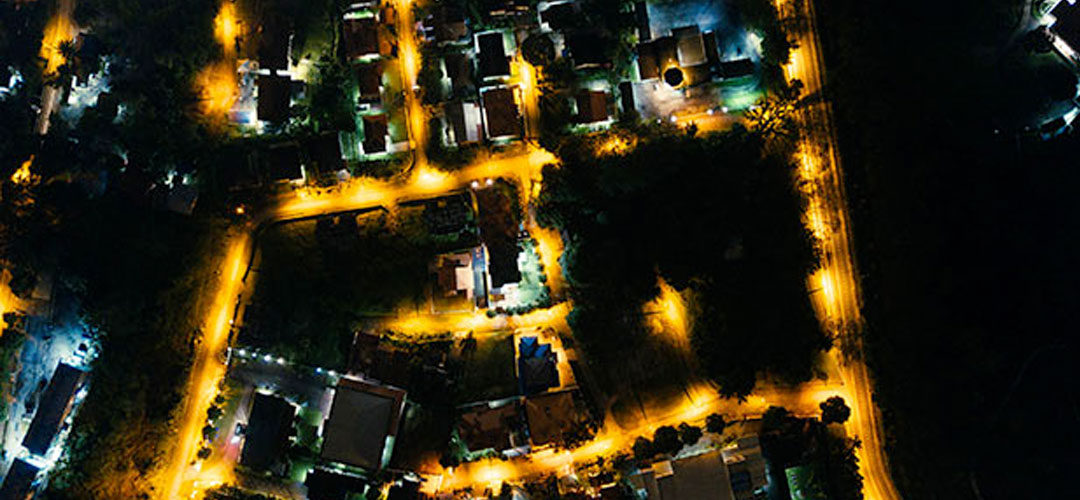Well placed and quality built power poles blend seamlessly into the environment, delivering electricity to communities safely and efficiently with most of us hardly taking notice. These very same power poles can pose a serious risk, however, and power pole installations may be needed to ensure our continued protection from the massive amounts of electrical power they support.
We’re going to share some fast facts about the role power poles play in our lives, and then dive into what you and your family should be cautious of when you see hazardous utility poles in your community.
Quick facts about power poles
We’re going to share some fast facts about the role power poles play in our lives, and then dive into what you and your family should be cautious of when you see hazardous utility poles in your community.
How Titan Poles address common power pole problems
Power poles carry more than just power
Distribution wires connect to substations and carry this reduced power to homes and businesses. These wires can be carrying up to 25 kilovolts of power at any given time.
Power pole installations will likely include two other important features: communication lines and the transformer. Transformers are the large canister-shaped metallic pieces that convert high voltage to low voltage, while communication lines are the cables we use for telephone, television, and broadband.
When power poles can be dangerous
Coming into contact with any of these wires poses significant health risks. Here are some situations when you should step back and call an electrician for further guidance.
1. Leaning poles
Leaning power poles are often the result of age, water damage, insect damage, or high winds. If a pole is leaning, it’s more liable to crack, which can bring a hefty transformer and dangerous high voltage wires in contact with people and buildings.
2. Exposed wires
The insulation around old buried wires will degrade over time, causing the wires to come in contact with the soil. This may result in stray electrical currents which can dangerously travel throughout the soil and into surrounding metal objects, like:
Streetlights
Fire hydrants
Manhole covers
Steel power poles
Simply touching these surfaces – especially if it is bare skin or after a rainstorm – can cause a dangerous or deadly electric shock to humans and animals.
3. Nearby trees
You don’t have to touch an actual wire to receive an electric shock. Tree branches that are touching a power line could become “energised”, creating a hazardous situation if someone were to touch the tree or set foot on the soil around it.
4. Toxic poles
Wood power pole installations include a chemical treatment to keep pests at bay, which can be toxic to humans, animals, and even the environment.
Sydney power pole installations with Payless Power Poles
If you’re worried about a leaning power pole in your community or the possibility of stray voltage or toxins putting the health and well-being of your family at risk, Payless Power Poles can help. Our Sydney power pole installations, replacements, and inspections are carried out by qualified Level 2 Authorised Electricians who are proud to make the safety of our community a priority.
We invite you to call us today to share your concerns and to learn more about how we can help at 0418 181 873.



